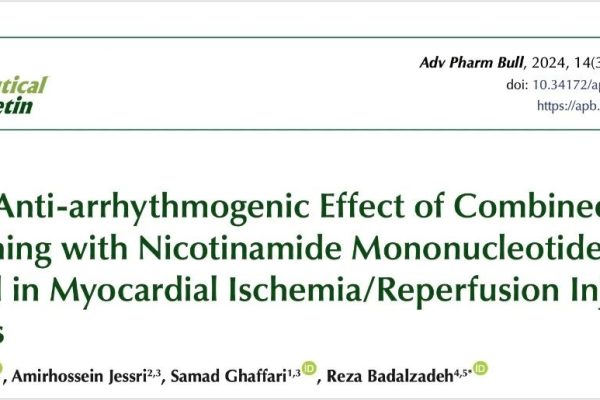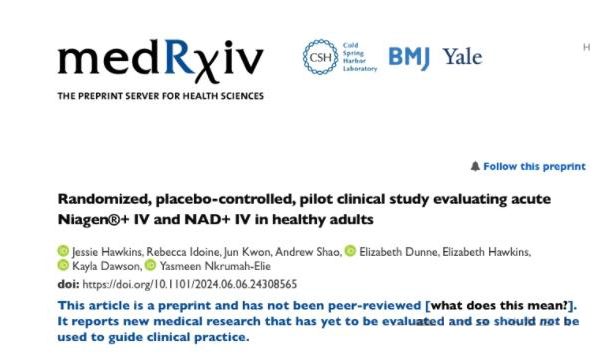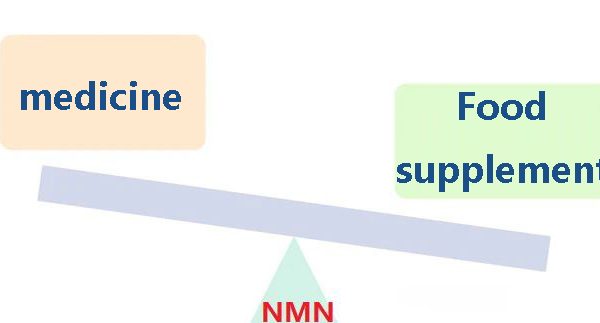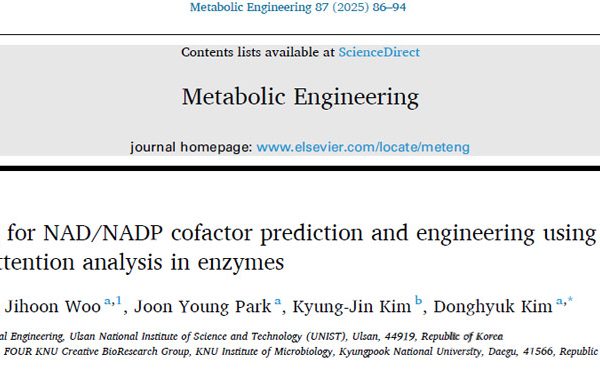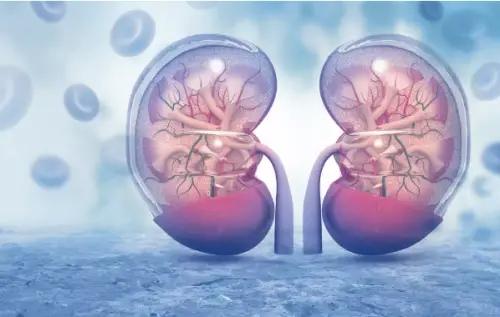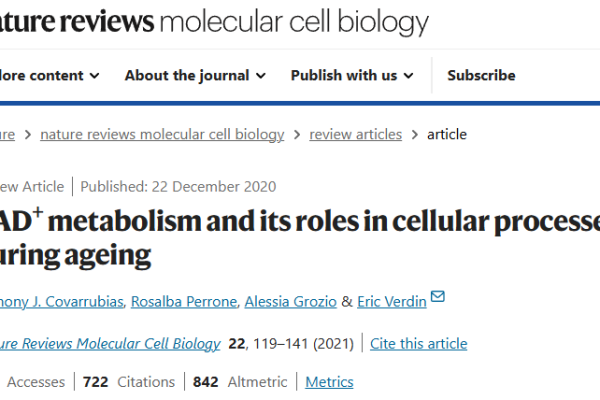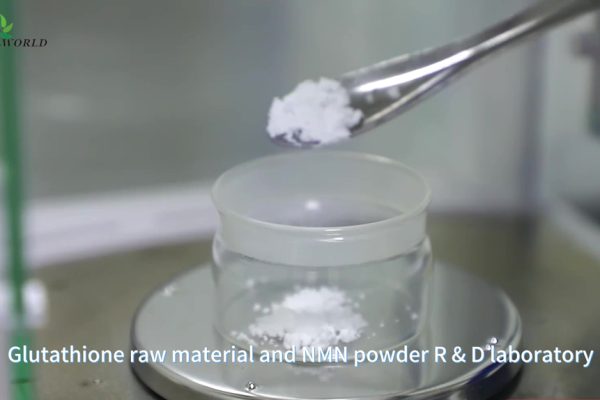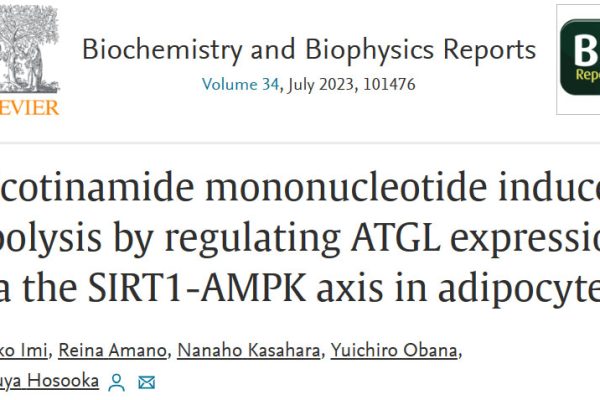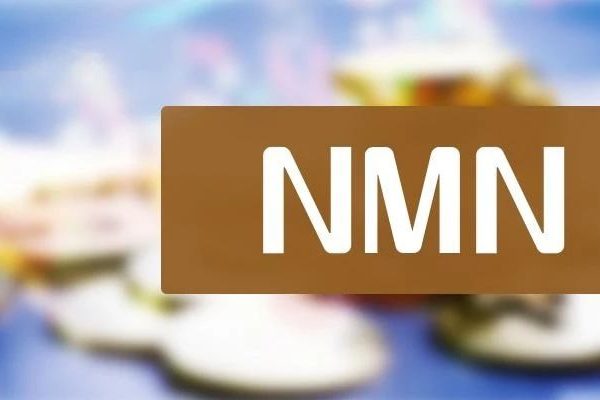
How long does it take for NMN to show effects?
The two questions of how long it takes for NMN to take effect and whether the more you take, the better both need to be determined based on individual circumstances. Pay close attention to your body’s reactions and changes in effects so as to adjust the dosage and plan in a timely manner. How long…

